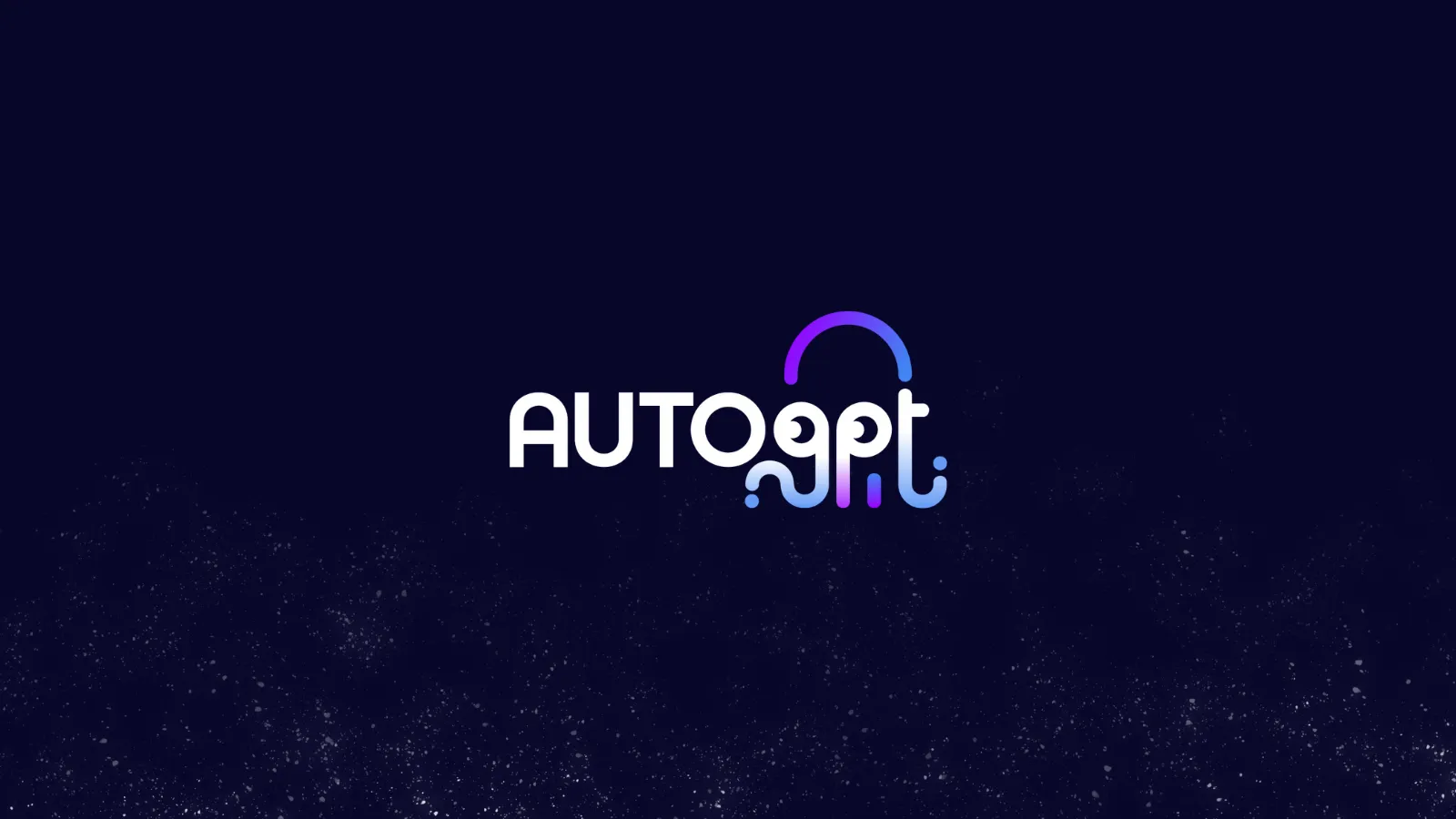Introducing AutoGPT: Revolutionizing AI with Autonomous Functionality
AutoGPT is a cutting-edge open-source AI platform created by Toran Bruce Richards, set to revolutionize complex task automation with minimal human intervention. Initially released on March 30, 2023, AutoGPT harnesses the advanced capabilities of OpenAI's GPT-4 and GPT-3.5 models for diverse applications.
Key Features of AutoGPT
- Autonomous Operation: Unlike conventional AI systems, AutoGPT operates independently, breaking down tasks into subtasks for sequential execution, minimizing the need for constant human oversight.
- Internet Access: AutoGPT accesses real-time web data for up-to-date information, providing an edge in tasks requiring current knowledge.
- Code Execution and Self-Improvement: Remarkably, AutoGPT can write, read, and execute code, enabling self-enhancement and error correction.
- Memory Capabilities: With both short-term and long-term memory, AutoGPT retains context over time, ideal for complex and ongoing projects.
How AutoGPT Works
AutoGPT's operation involves a sophisticated interplay of AI agents:
- User Input: Providing goals and context.
- Task Creation: Dissecting goals into smaller tasks.
- Task Prioritization: Organizing tasks efficiently.
- Task Execution: Completing tasks with AI agents and resources.
- Continuous Refinement: Adapting workflow for optimal results.
Applications of AutoGPT
AutoGPT's versatility spans across industries, including:
- Software Development: Assisting in coding processes.
- Business and Finance: Performing market analysis and planning.
- Content Creation: Generating diverse content types.
- Research and Academia: Aiding in research tasks.
- Task Automation: Enhancing workflow efficiency.
AutoGPT vs. Other AI Agents
AutoGPT distinguishes itself from other AI agents with its autonomy, versatility, self-improvement capabilities, real-time information access, and diverse applications.
Real-World Applications of AutoGPT
AutoGPT's impact is already felt across multiple industries like business operations, content creation, customer engagement, professional services, and software development.
Limitations and Considerations
Despite its advancements, AutoGPT faces challenges such as operational costs, potential errors, memory limitations, and setup complexity.
Conclusion: Embracing the Future with AutoGPT
AutoGPT signifies a significant step forward in AI technology, showing the potential of autonomous AI agents in handling complex tasks. While its current limitations exist, addressing them will unlock vast possibilities across various industries.




